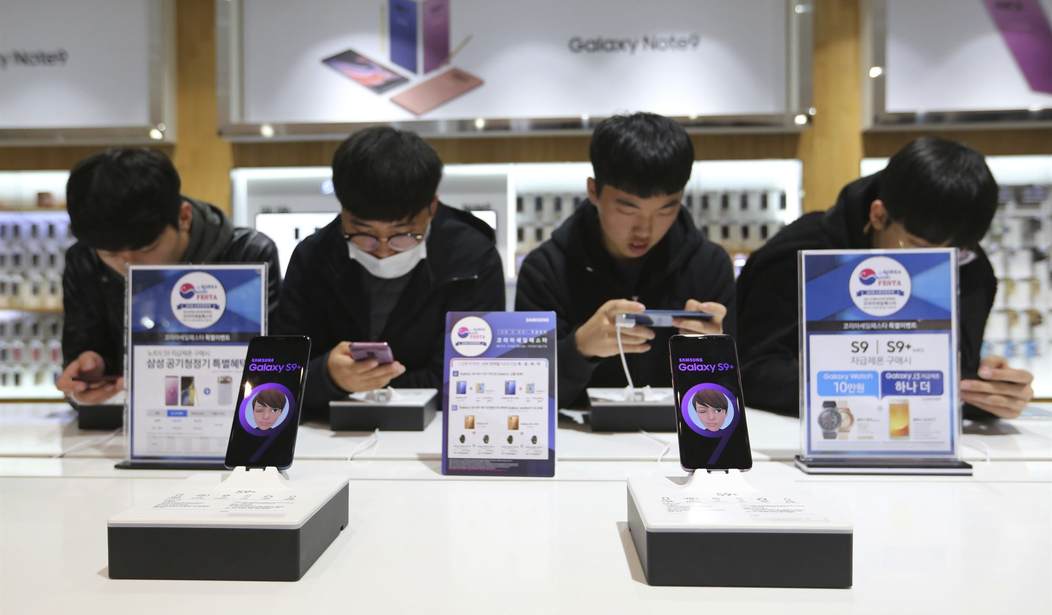The Los Angeles Unified School District (LAUSD) passed a resolution banning cell phones on campus all day, including lunch and breaks between classes.
The ban will take place in January 2025 after the board can review legal issues.
“Our students are glued to their cellphones, not unlike adults,” said board member Nick Melvoin. “They’re surreptitiously scrolling in school, in class time, or have their head in their hands, walking down the hallways. They’re not talking to each other or playing at lunch or recess because they have their AirPods in.”
The resolution passed 5-2. The two dissenting voices were concerned about the "totality of the ban" and the lack of "distinction between instructional time and noninstructional time," according to the Los Angeles Times.
In addition to the cell phone ban, the district is considering suing social media companies.
"Now is the time. We know the impact that these social media entities are having on our children," said LAUSD Superintendent Alberto Carvalho. "If we’re going to adopt good policy specific to phone utilization we need to take a bold step and set of actions specific to the impact that the platforms that operate on these phones, whether they are used in schools or not are having on our youth."
"The research is clear: widespread use of smartphones and social media by kids and adolescents is harmful to their mental health, distracts from learning, and stifles meaningful in-person interaction," says Melvoin, the resolution's sponsor.
Jonathan Haidt, a social psychologist who has been sounding the alarm about excessive smartphone use by kids, said Generation Z kids "are suffering from anxiety, depression, self-harm, and related disorders at levels higher than any other generation for which we have data."
The problem isn't whether Haidt and others who are very concerned about the effect of too much time spent on social media sites on pre-teens and teens are right or wrong. The question is, can a ban really be enforced?
By all accounts, the research shows that social media algorithms are extremely addictive. Try taking crack away from a teen addict or any other addictive drug. They will try to get their "fix" any way they can.
As a teacher, Melvoin said he saw students distracted by their devices and missing out on playing and socializing. His proposal would direct the superintendent to come up with a plan.
"We want everybody to talk about how best to do this but we want them to start with the understanding that it’s the goal of this district not to have cell use any time at the school during the day and I support it wholeheartedly," said LAUSD Board Member Jackie Goldberg.
Other districts have already implemented no cell phone policies.
"Some use cell phone lockers. So when a kid enters the school they just check their phone in a locker and they get it on the way out," Melvoin said. "Others use these pouches that some people might be familiar with from comedy shows or concerts."
Banning smartphones is all the rage in government. California Governor Gavin Newsom has gotten on board by backing a bill that would ban cell phones statewide. And the surgeon general of the United States, Vivek Murthy, penned an op-ed in the New York Times calling on Congress to slap a warning label on social media sites.
There's no doubt that social media sites can be addictive. But is the answer taking away the kids' phones? There has to be a role for parents somewhere in that equation. Too much blame is being put on social media companies when some of the responsibility has to be placed on the parents.










Join the conversation as a VIP Member